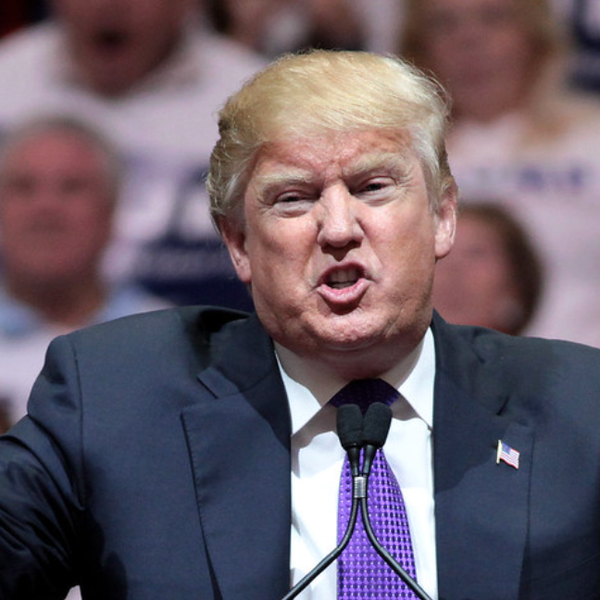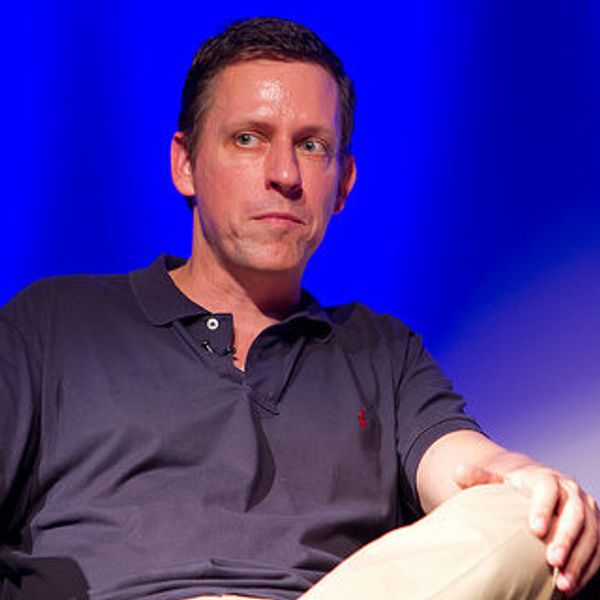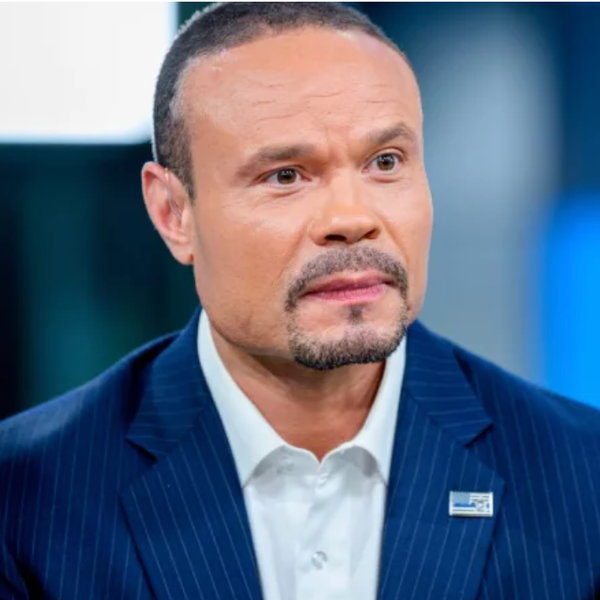PARIS (AFP) – French President Francois Hollande upped the ante on Syria Tuesday, pledging to “punish” the regime over suspected chemical attacks and boost military support for the opposition.
“France is ready to punish those who took the vile decision to gas innocent people,” he said in a televised speech, pointing the finger of blame at President Bashar al-Assad’s regime.
Hollande will on Thursday meet the head of Syria’s main opposition group, which has blamed the regime for a suspected gas attack on a Damascus suburb that it says killed more than 1,300 people.
The alleged attack caused a worldwide outcry, and has prompted increasingly frantic calls from Western and Arab nations for action against the Syrian regime, which denies any involvement.
“Our responsibility today is to look for the most appropriate response to the abuses of the regime,” Hollande said, speaking at the launch of an annual gathering of ambassadors from around the world.
The “chemical massacre in Damascus cannot be left without a response,” he added.
Until last week, France — like Britain and the United States — had ruled out intervening militarily in Syria without the green light of the UN Security Council, where Damascus ally Russia is likely to block any action.
But the regime’s suspected use of chemical weapons is considered to have breached a “red line,” amplifying an already bloody conflict that has left more than 100,000 dead.
Sources close to Hollande say one of the options for France would be to deploy the Charles de Gaulle aircraft carrier off the Syrian coast.
But the ship, which is still docked in the southern French port of Toulon, would need to travel three days to get to destination and its deployment is not yet considered “indispensable,” they add.
Hollande said the Syrian conflict threatened “world peace,” and had affected neighbouring countries such as Lebanon and Iraq, wracked by bloody violence and attacks, as well as causing a tide of refugees to flow into Turkey and Jordan.
He referred to a 2005 United Nations resolution on the “responsibility to protect civilians” and pledged to boost military support to the main Syrian opposition body.
“I have decided to increase our military support to the Syrian National Coalition (SNC),” he said without elaborating.
Soon after the speech, the president’s office announced Hollande would meet SNC head Ahmad al-Jarba on Thursday.
Sources close to the president said the two would hold talks to “review the situation in Syria just as the international community is mobilizing to examine responses to the chemical arms attack.”
Syria’s opposition said Tuesday that it expects a Western military intervention within days and has been consulted over potential targets.
“There is no precise timing … but one can speak of an imminent international intervention against the regime. It’s a question of days and not weeks,” said Ahmad Ramadan, an SNC political committee member.
“There have been meetings between the Coalition, the [rebel] Free Syrian Army and allied countries during which possible targets have been discussed,” the official said.
A potential coalition of countries that would launch strikes on Syria is likely to include France, as well as Britain, the United States and other countries such as Turkey.
Experts say the most likely form of intervention is targeted strikes against ammunition depots or strategic infrastructure.
But Syria has defiantly vowed to defend itself against any outside intervention with measures it says will “surprise” the world.








